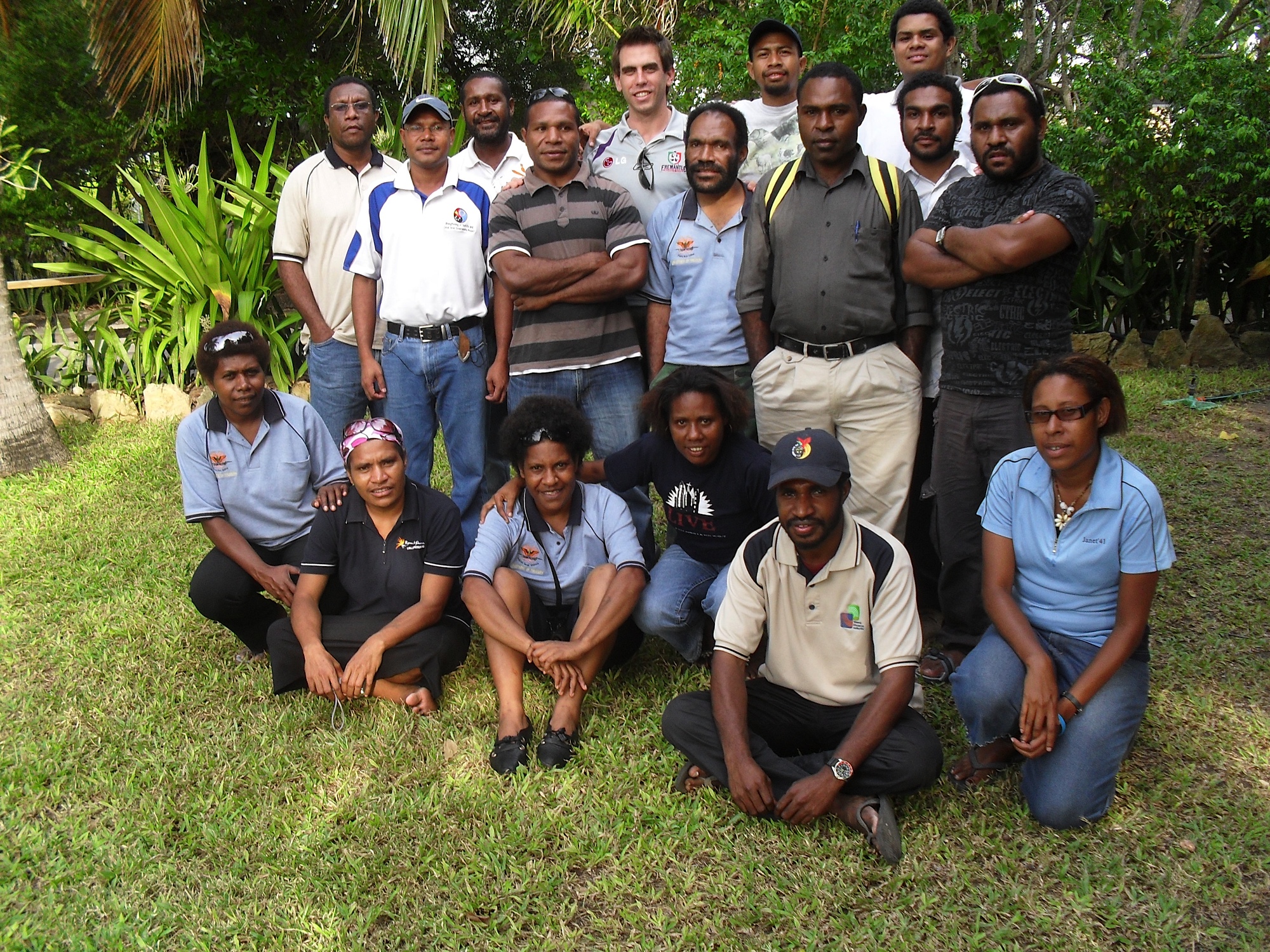
Capacity development in economic policy agencies
By Harry Greenwell and Bede Moore
22 October 2014
The Australian Treasury has been heavily involved, and accumulated considerable experience, in the provision of ‘capacity development services’ since the early 2000s, deploying over 100 Treasury officials as capacity development advisers to economic policy agencies (treasuries or ministries of finance) to PNG, Solomon Islands, Indonesia, Nauru and several other countries.
‘Capacity development’ is a complex and challenging task that is only likely to be successful over a long time frame, in most cases decades rather than years. In a recent article for the Australian Treasury’s Economic Roundup, we reflected on these challenges, drawing principally on our deployments as capacity development advisers in the PNG Treasury and the Solomon Islands Ministry of Finance and Treasury.
We frequently wrestled with a range of questions about our role as capacity development advisers, and we suspect many others have done the same. These questions included whether we were focusing on the right priorities, how to maintain good working relationships with counterparts, and how to assess whether we were being effective in our work.
Our paper sets out the conclusions we reached (and the questions that we still have) in the hope that they will be useful to future capacity development advisers, their counterparts, designers and evaluators of capacity development programs, and academic researchers interested in capacity development. (The paper does not address the broader question of the merits of capacity development programs relative to other forms of aid.)
The central theme underpinning our paper is the importance of thinking strategically about capacity development, given the long time frames and complexity involved. We recommend seven steps for how capacity development advisers can adopt such an approach.
First, take time to establish priorities. The potential scope of capacity development activities can be very broad, so it is important for advisers to assess the options thoroughly. This assessment should include ‘soft capacities’ (leadership, trust, team identity, values, mission, etc.) as well as ‘hard capacities’ (such as recruitment procedures, financial management, or expertise in law or economics).
Second, recognise the importance of management capacity. The capacity of managers within economic policy agencies is a key constraint on, or a key enabler for, the organisation’s capacity development. This means that improving management capacity should be a priority for advisers, where possible. However, there are significant limits on how much can be done to address management weaknesses, so advisers (and external evaluations) need to be realistic about what can be achieved.
Third, effective relationships are critical to the effectiveness of advisers. For team leaders and senior capacity building advisers, relationships depend on maintaining a regular dialogue with the senior management of the host institution. More generally, the foundation of an effective working relationship between advisers and counterparts is to develop clear expectations, starting with the counterpart’s understanding of their responsibilities and the adviser’s role. In addition, there are a number of basic protocols that advisers and counterparts may wish to agree upon early in the relationship.
Fourth, advisers face difficult judgments about when to intervene and when to ‘let things fall over’. If advisers too frequently intervene and do some of the work themselves, they may crowd out local staff and prevent them from developing or demonstrating their own skills. But deciding not to intervene can be difficult and, at times, counter-productive. We discuss several considerations that may help advisers to decide when to intervene and when to step back and monitor the consequences.
Fifth, measuring progress is important but difficult. There are several reasons why measuring the effectiveness of capacity development is particularly difficult. This does not imply that performance measurement is worthless (on the contrary), but it does mean that more effort may be required in order to produce meaningful insights.
Sixth, advisers should think about the interaction between incentives and capacity development. Incentives matter for both the development and utilisation of capacity. In addition, economic policy agencies have a role in shaping society-wide incentives that impact on development outcomes generally. For both these reasons, incentives are highly relevant to capacity development.
Finally, recognise that capacity development requires specialised skills and expertise. Some of the expertise required to be a successful capacity development adviser in a developing country context goes beyond the experience gained in the Australian Treasury. Consequently, new advisers may benefit from specific training in capacity development skills either prior to, or shortly after commencing, their deployment.
We hope this paper contributes to further discussions on this topic.
Harry Greenwell and Bede Moore both worked as capacity development advisers with PNG Treasury between 2009 and 2012. Bede was also the manager of Treasury’s International Relations Unit between 2012 and 2014, and Harry was previously deployed to the Solomon Islands Ministry of Finance and Treasury between 2005 and 2007. The views in this article are those of the authors and not necessarily those of the Australian Treasury.
About the author/s
Harry Greenwell
Harry Greenwell worked as capacity development advisers with PNG Treasury between 2009 and 2012.
Bede Moore
Bede Moore worked as capacity development advisers with PNG Treasury between 2009 and 2012. Bede was also the manager of Treasury’s International Relations Unit between 2012 and 2014.
